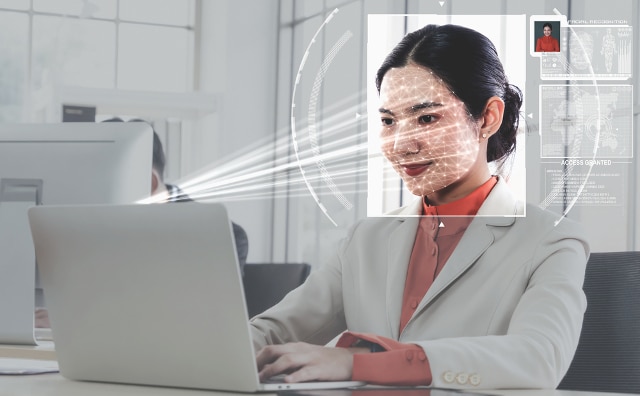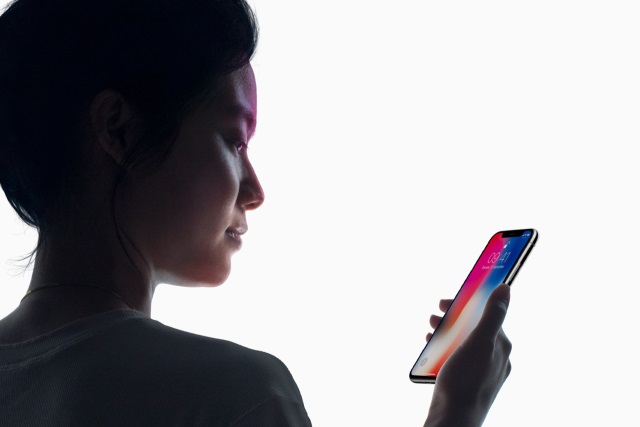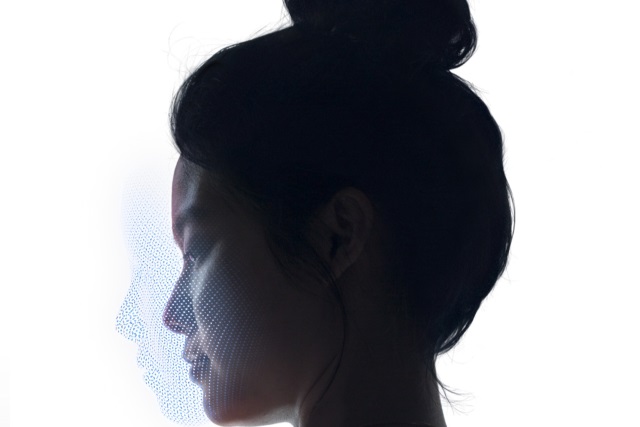
Facial recognition comes to deepin Linux -- can you trust China with your face?
deepin is one of the prettiest Linux distributions, and many people use it every day. Unfortunately, there is a big problem with the operating system -- it is developed in China. While the Chinese people are good, the government of that country is not -- it oppresses its citizens and censors a lot of information. And so, some people are wary of using any Chinese-made software. That is understandable.
Normally I am OK with using deepin Linux, despite its Chinese roots, as it is largely open source. However, with version 20.5, I am a bit hesitant. You see, the newest variant of the operating system adds optional facial recognition for gaining access to your computer. This is similar to Microsoft's Windows Hello -- something I use regularly. But Microsoft is a USA company. When it comes to deepin, can we trust China with our faces?

Something you gotta know about iPhone X
I consider myself lucky, although some commenters (you know who you are) will disagree, by successfully ordering from Verizon Wireless the iPhone X for delivery on launch day—November 3rd. A FedEx driver brought the anticipated package to my door yesterday afternoon. I hauled down to Apple Store to purchase AppleCare+ before my grubby paws caressed the steel rims (vroom) and generous glass (screen measures 5.8 inches diagonally).
Replacing iPhone 7 Plus, which features and benefits greatly satisfy, is a bit extravagant. But I wanted the X to review and for its smaller size but larger display—understanding caveats: Home button's removal changes fundamental interaction and means adapting habits (oh my aching muscle memory).

Apple launches new privacy page and reveals all about Face ID
Apple has launched a revamped privacy page proclaiming that its products are "designed to protect your privacy." Describing privacy as "a fundamental human right," the page explains the privacy functions of apps, Siri, Apple Pay and Touch ID.
The company describes not only how it protects personal data with encryption, but also how it responds to government and legal requests for data. Apple has additionally published a paper which goes into some detail about how the Face ID feature of the iPhone X works -- and reveals its limitations.

Face ID on iPhone X has a quick-disable anti-theft feature, says Apple
With the launch of the iPhone X, Apple unleashed Face ID biometrics on the world. During a demonstration of the feature there was a SNAFU when Face ID failed to work as intended (due, Apple says, to staff playing around with the device beforehand), and there are many questions hanging over the idea of using one's face to unlock a phone -- Senator Al Franken has many questions, for example.
Among the questions posed by Franken and others are queries such as "what's to stop someone using a photo or mask to unlock my phone?", and "if a mugger steals my phone, could they not unlock it just be holding it in front of my face?" Good points, though Apple Senior VP Craig Federighi says there are built-in measures to prevent such instances of unauthorized unlocking.

Privacy: Senator Al Franken has a lot of concerns about Face ID on the Apple iPhone X
From the moment Apple started to talk about Face ID, there were concerns voiced about privacy and security. It's not just security experts and potential users who have these worries; Senator Al Franken has written to Tim Cook asking for details about the safeguards Apple has put in place to protect users.
On top of this, Franken wants to know more about how Apple trained the Face ID algorithm, and seeks assurances that third parties will not be able to access or be granted access to Face ID data.
